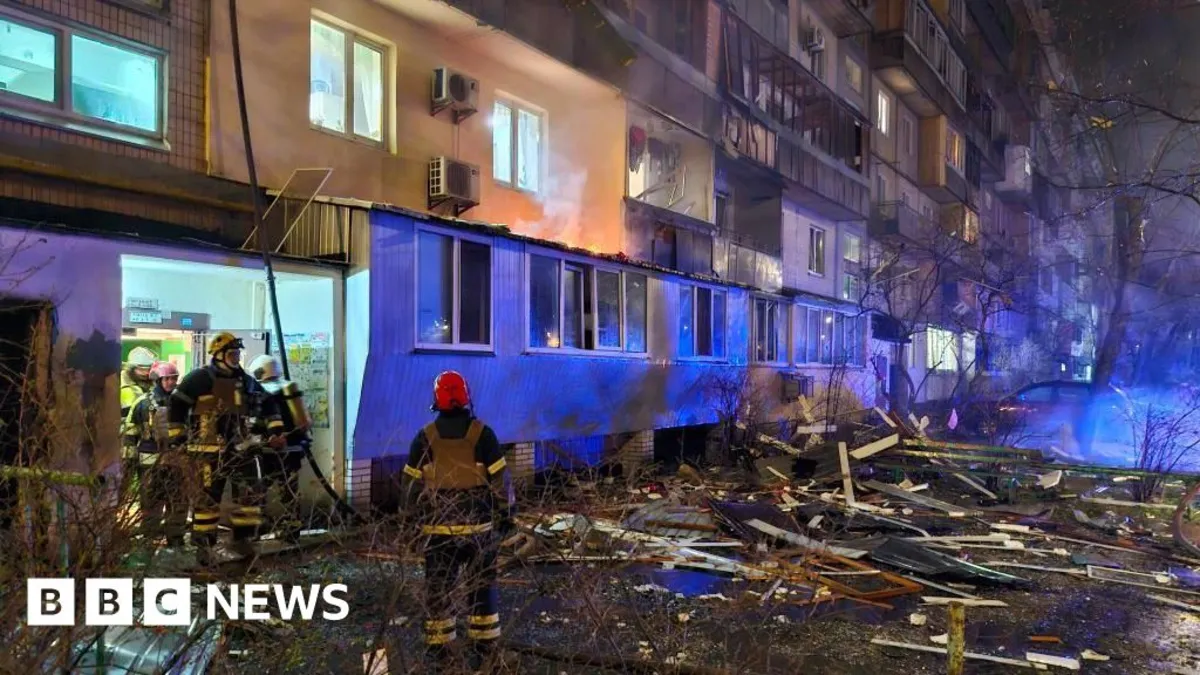
Negotiators from the United States are currently engaged in critical discussions in the Saudi capital of Riyadh with their Ukrainian counterparts, as well as separate talks with Russian officials. The primary objective of these meetings is to establish an immediate partial ceasefire in the ongoing war in Ukraine, paving the way for a comprehensive peace agreement. The question remains: can these Riyadh talks produce the breakthrough that many are eagerly anticipating?
Opinions on the potential success of the Riyadh negotiations vary widely. Steve Witkoff, a personal envoy for former President Trump, expressed optimism, stating, "I feel that he (Putin) wants peace." Witkoff believes that meaningful advancements could emerge from the discussions taking place in Saudi Arabia. In contrast, Kremlin spokesman Dmitry Peskov has tempered expectations, noting, "We are only at the beginning of this path," during a broadcast on Russian state television.
The urgency for a ceasefire has been underscored by recent events, including one of the most devastating drone attacks on Kyiv, which resulted in three fatalities, including a five-year-old girl. Ukrainian President Volodymyr Zelensky emphasized the need for decisive action, stating, "We need to push Putin to give a real order to stop the strikes. The one who brought this war must take it away."
Despite the push for peace, the Kremlin shows little urgency in committing to a ceasefire. President Vladimir Putin has introduced numerous preconditions that complicate the proposed 30-day ceasefire, which has been put forward by Washington and agreed upon by Kyiv.
The discussions in Riyadh, which commenced shortly after nightfall, are being led by Ukrainian Defense Minister Rustem Umerov. These meetings are characterized as technical negotiations focused on safeguarding energy facilities and critical infrastructure. Additionally, the conversation includes the status of Black Sea shipping lanes, with reports suggesting that Russia is interested in reviving a deal that would allow Ukraine to export grain safely in exchange for sanctions relief.
Both Russia and Ukraine have engaged in extensive attacks on each other's infrastructure. Moscow has systematically targeted Ukraine's electricity generation facilities, aiming to plunge the population into cold and darkness. Conversely, Ukraine has successfully executed long-range drone strikes on Russian oil facilities that are vital to its military efforts.
With the ongoing war being described as Europe's most devastating conflict since 1945—resulting in hundreds of thousands of casualties on both sides—President Trump is advocating for a swift resolution. Ukraine's leadership, still reeling from recent diplomatic tensions, is working diligently to demonstrate to Washington that it is not obstructing peace negotiations.
During recent talks in Jeddah, the United States proposed a comprehensive 30-day ceasefire covering land, sea, and air, which Ukraine promptly accepted. US Secretary of State Marco Rubio remarked that the "ball is now in Russia's court." However, despite this initiative, the US has faced challenges in persuading Moscow to agree to the ceasefire.
In an interview over the weekend, Steve Witkoff expressed views that diverge from the predominant European stance. He suggested that Ukraine is a "false country," claiming that Russia had been provoked, and that Putin is a leader who can be trusted. Furthermore, Witkoff dismissed efforts by UK Prime Minister Sir Keir Starmer to assemble a military force aimed at ensuring a lasting peace in Ukraine, labeling it as mere posturing.
As the negotiations in Riyadh unfold, the international community watches closely, hoping for a tangible resolution to the ongoing conflict in Ukraine.